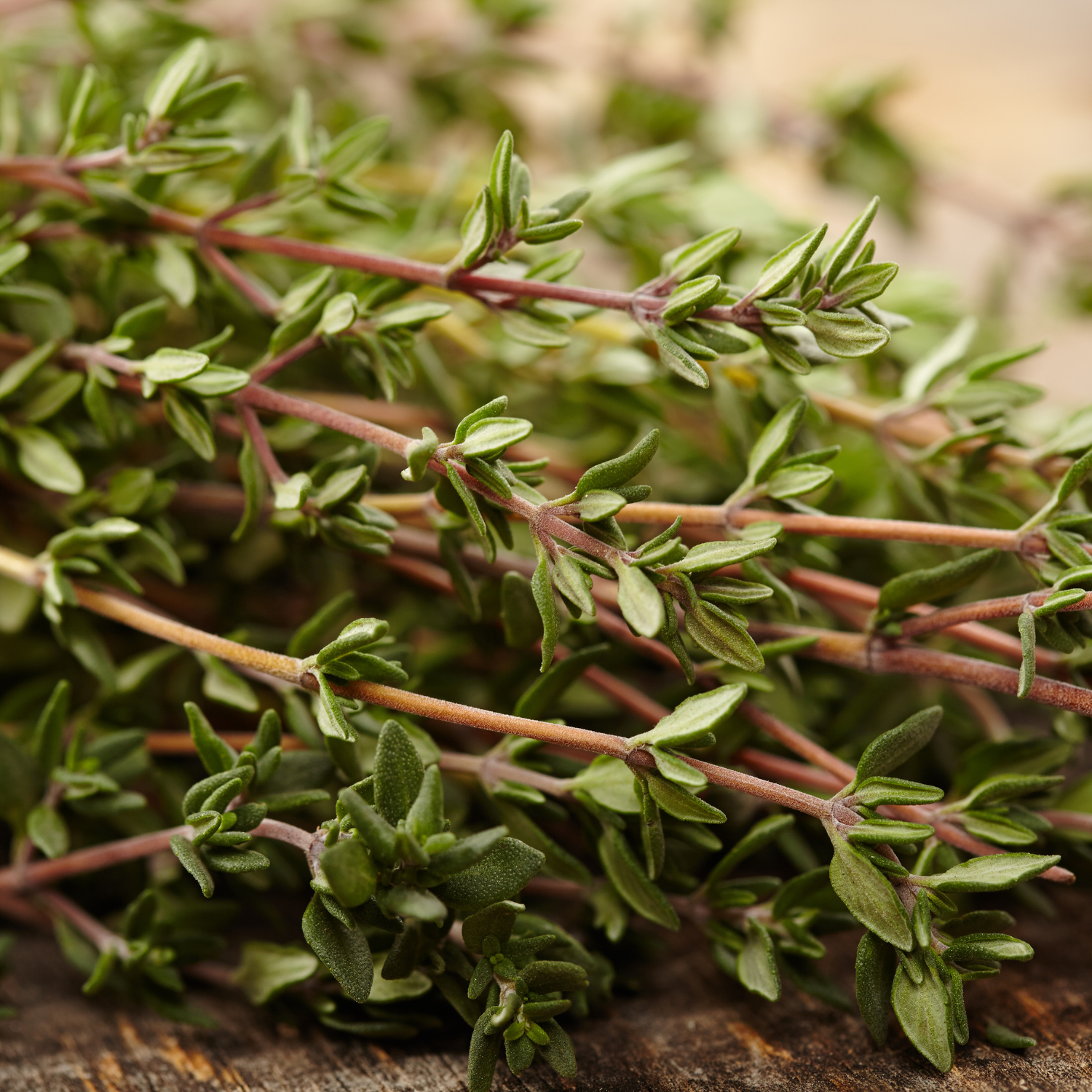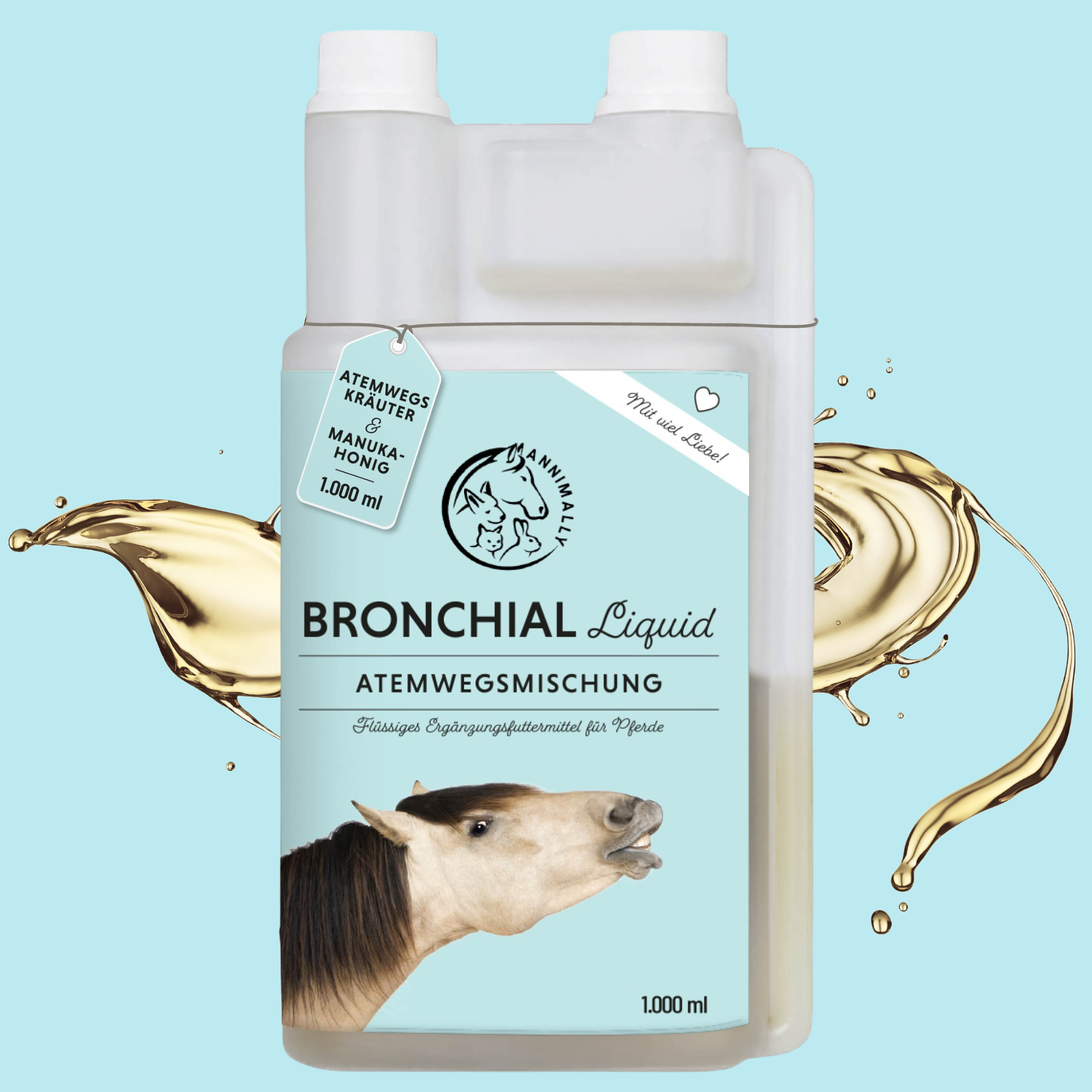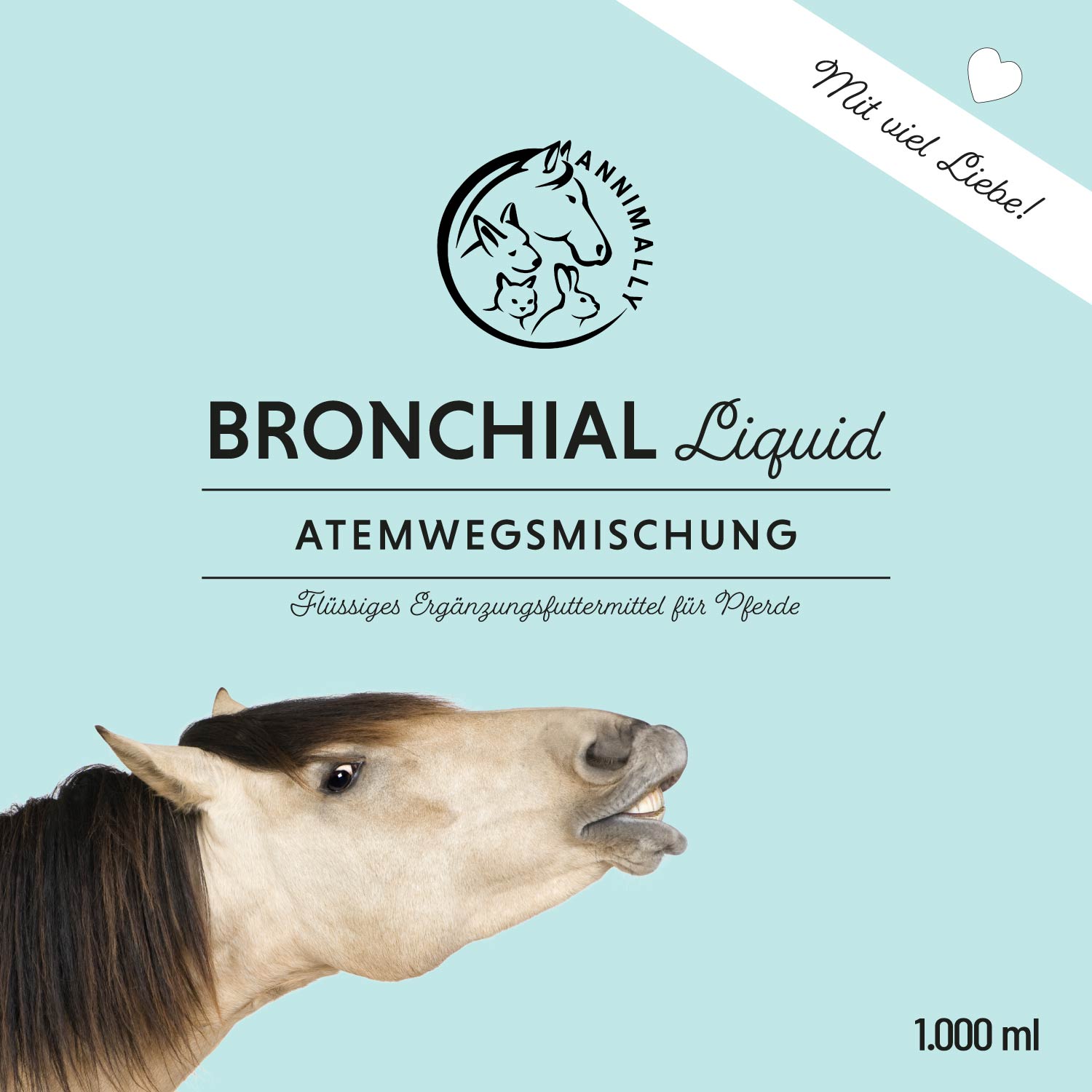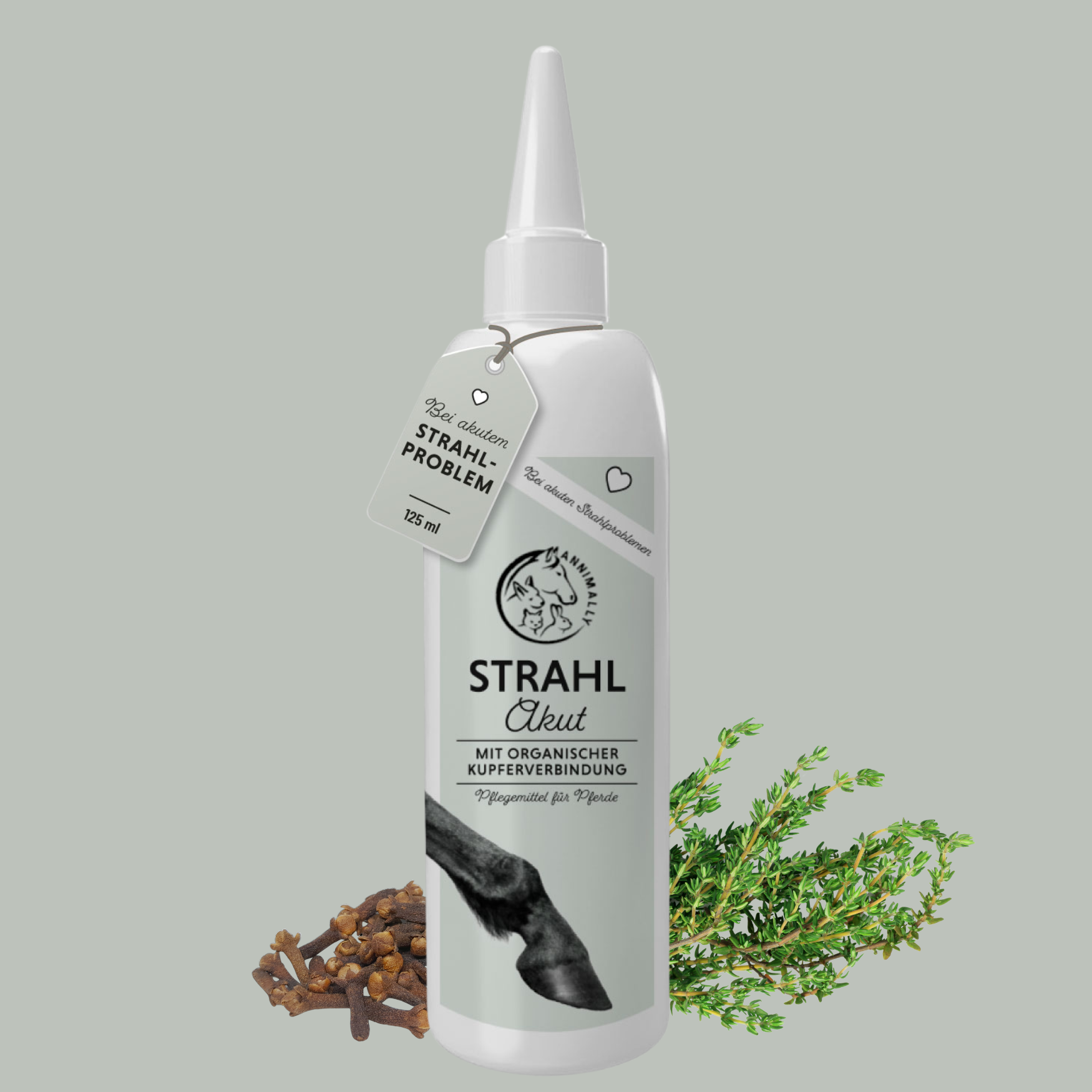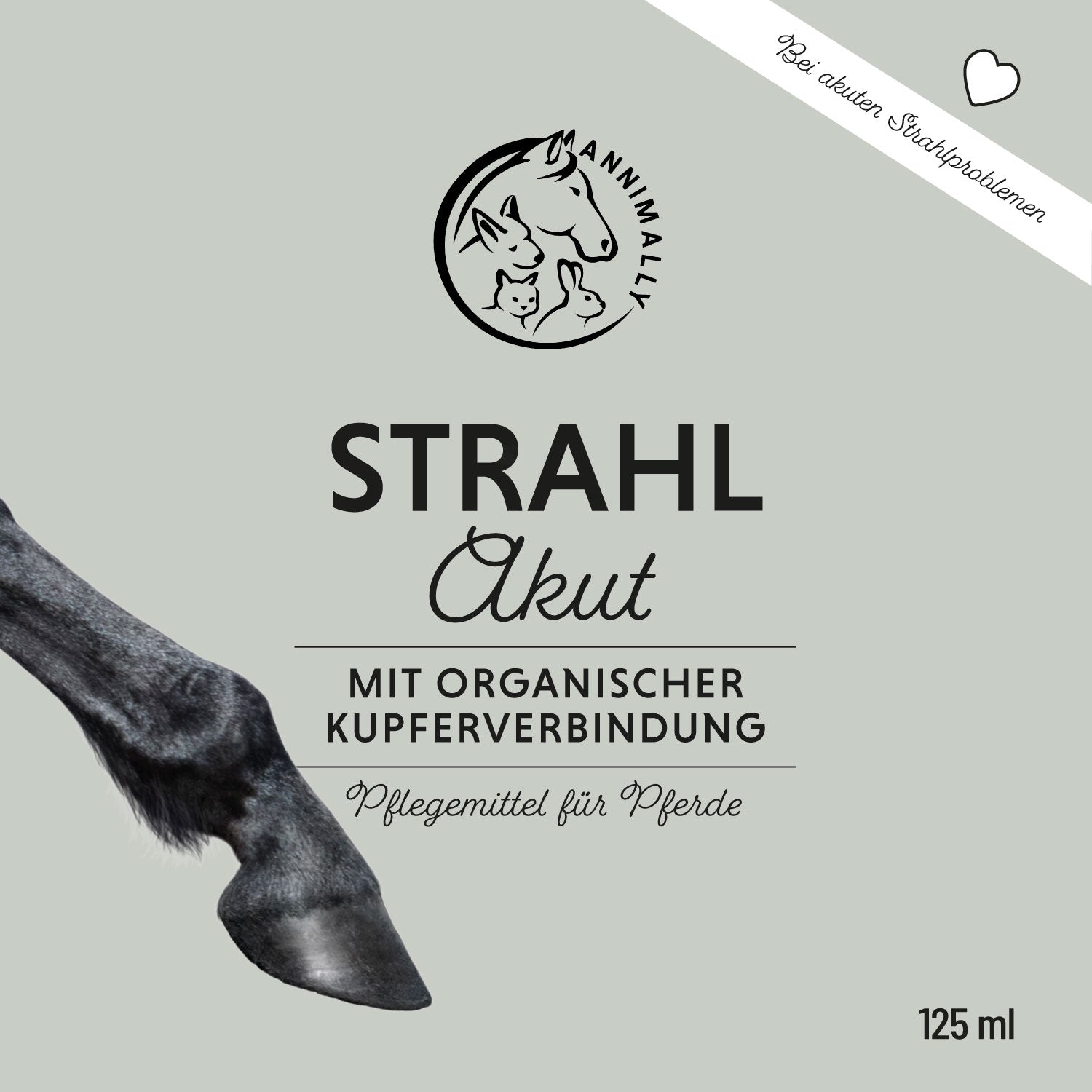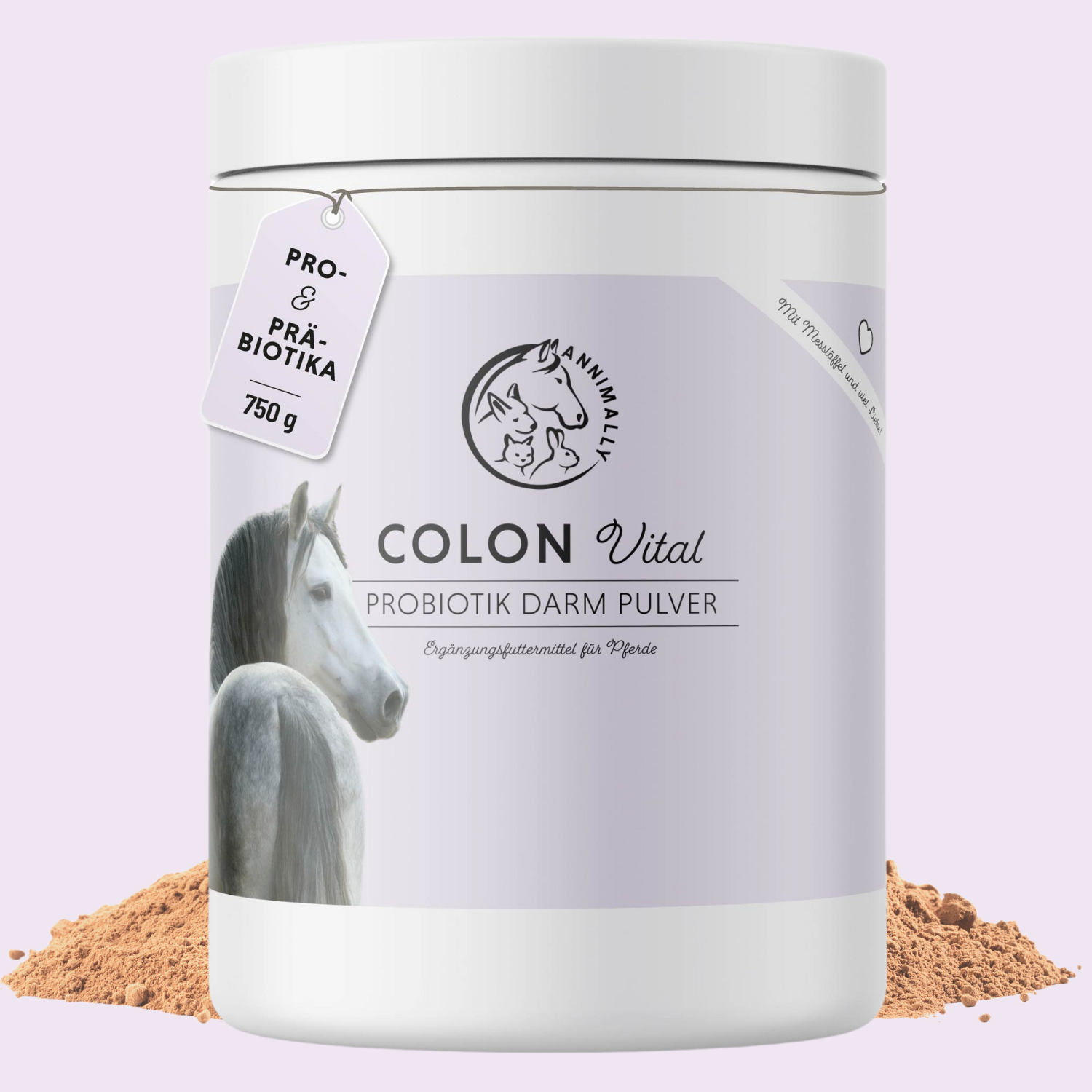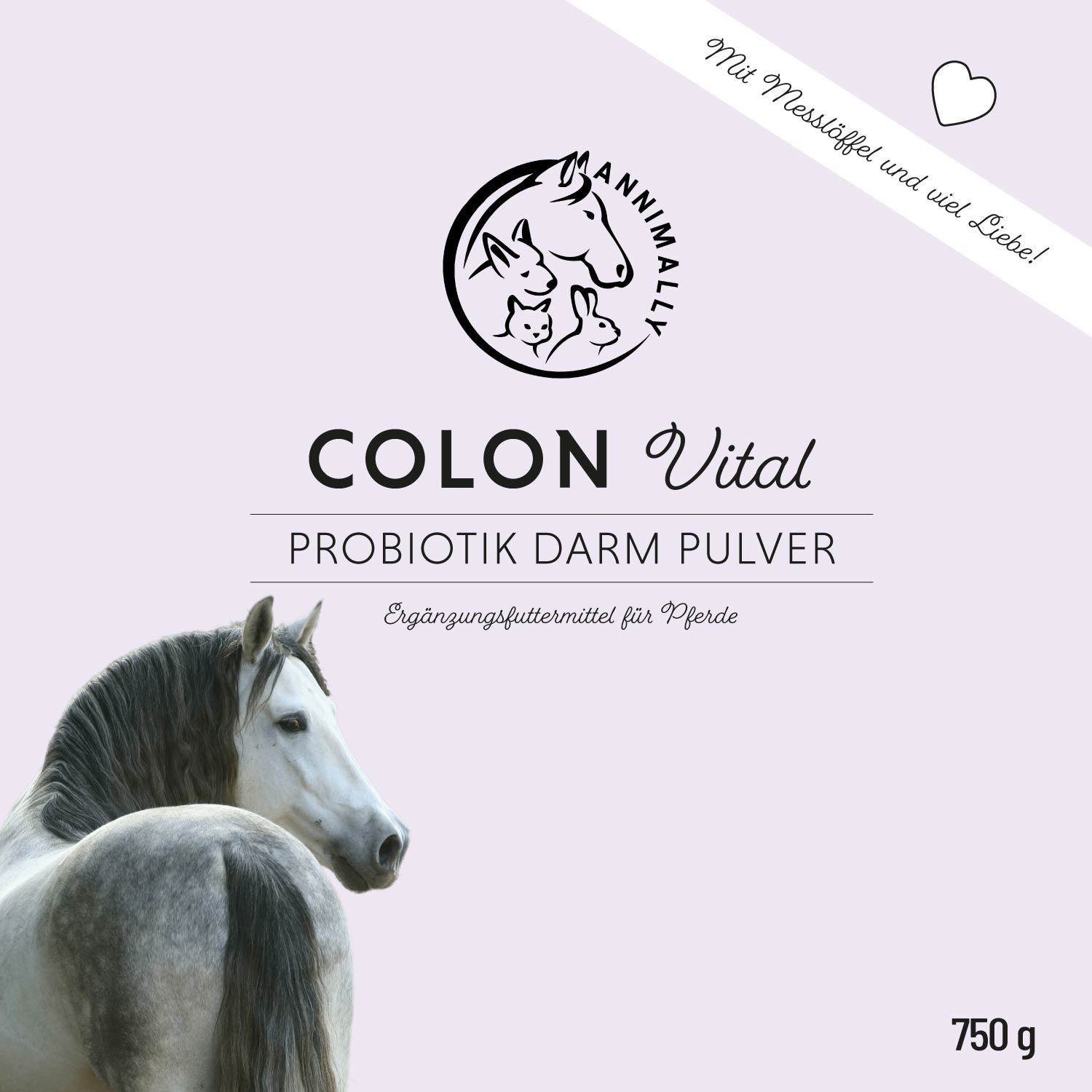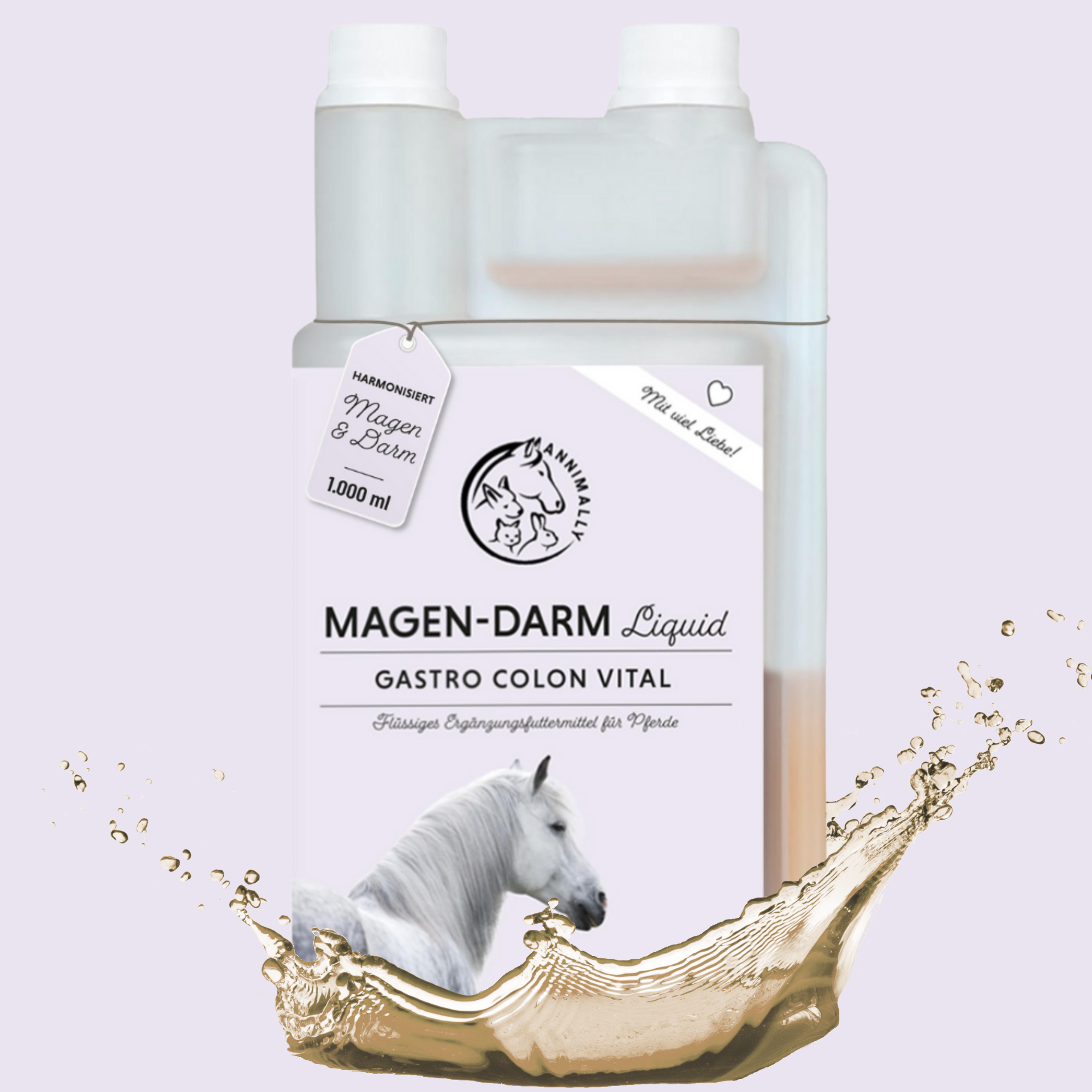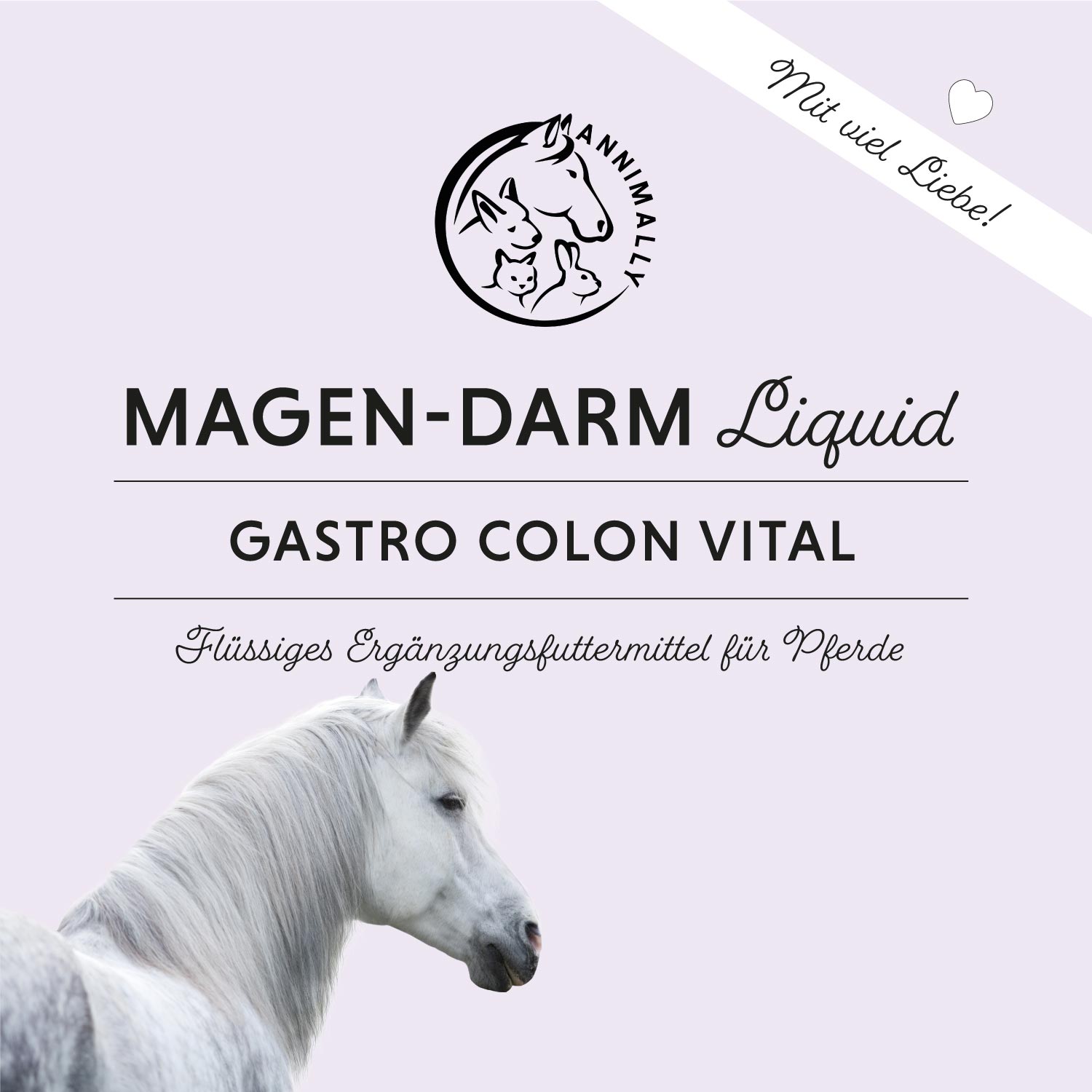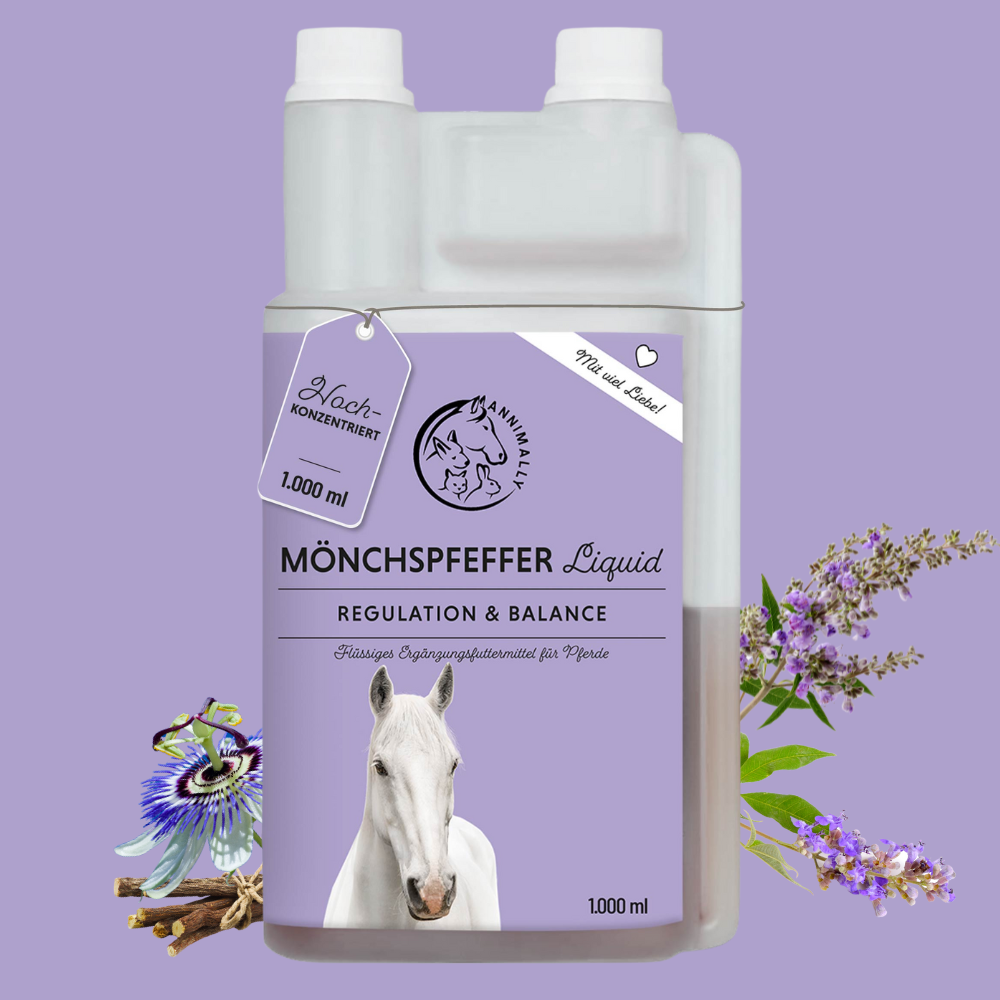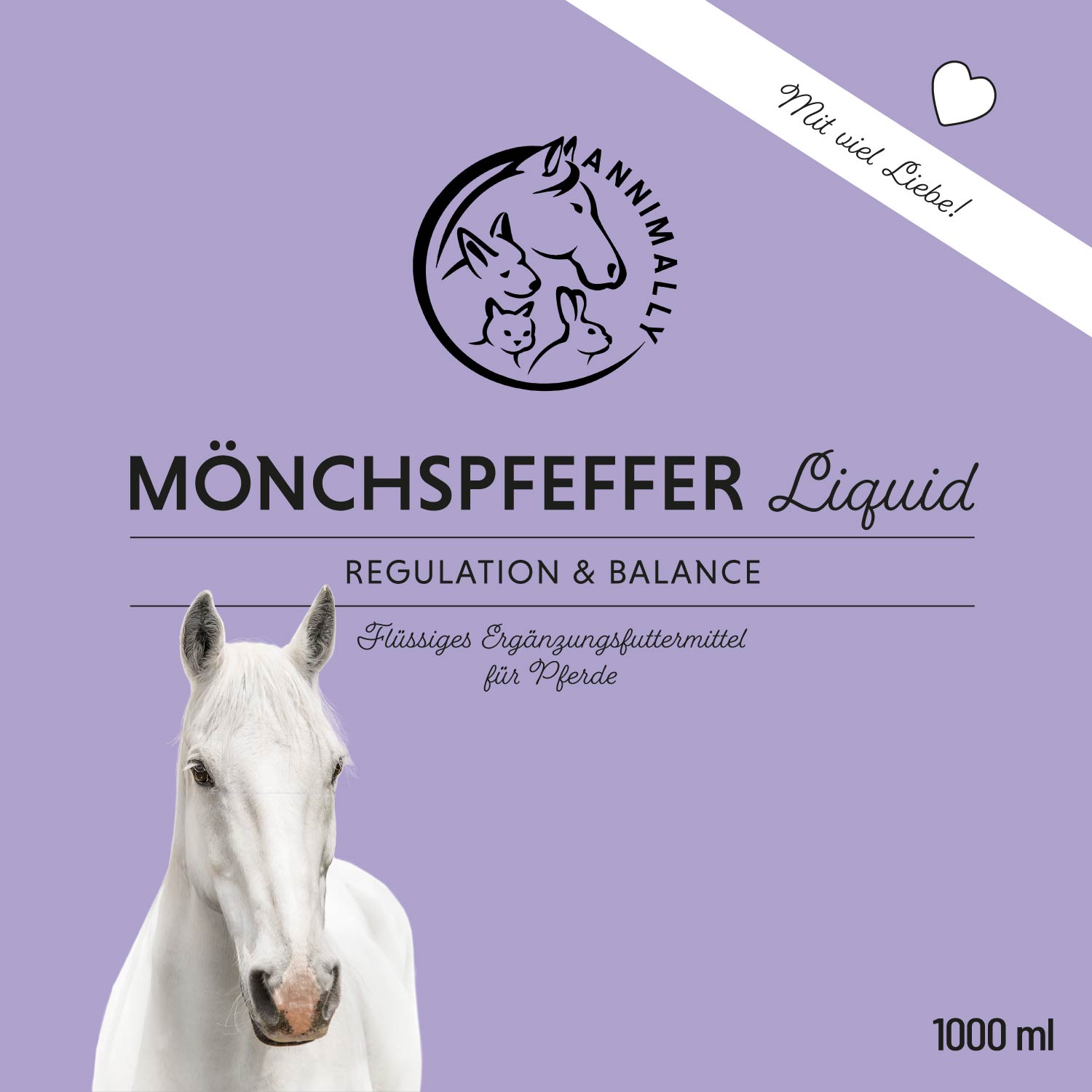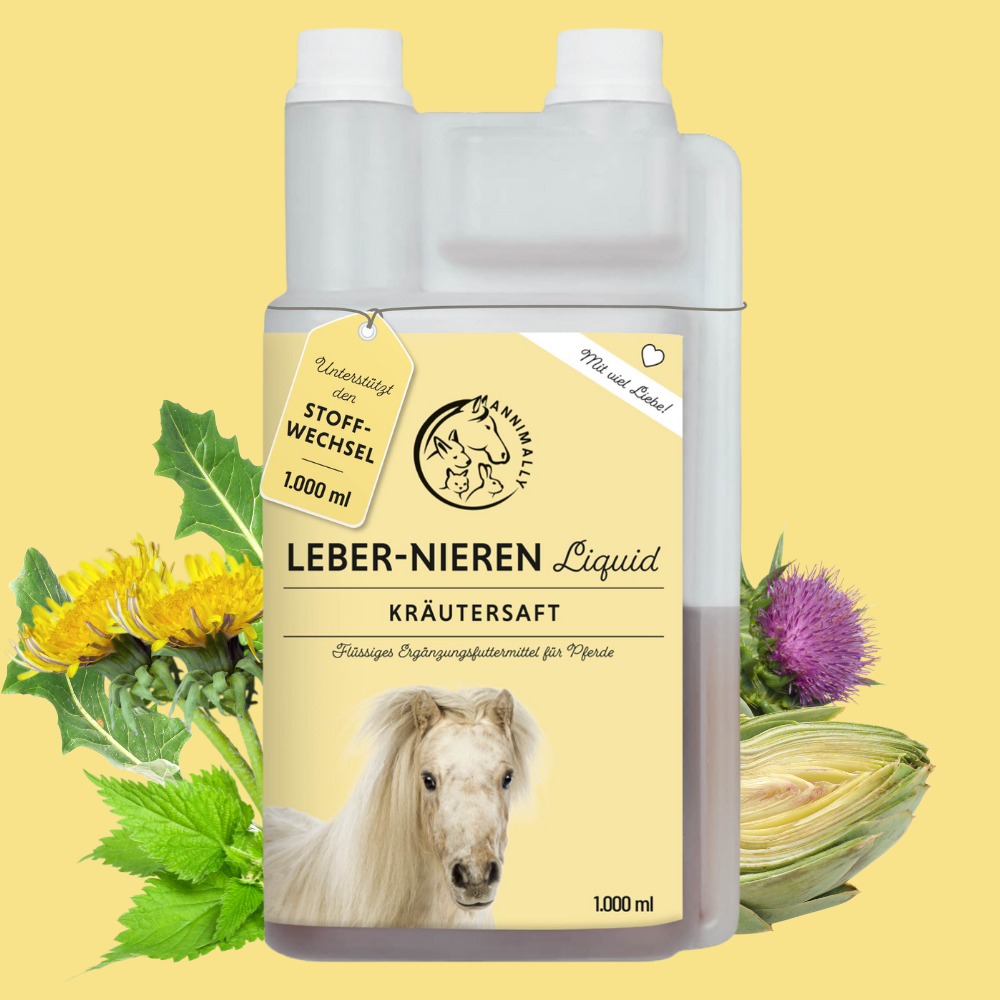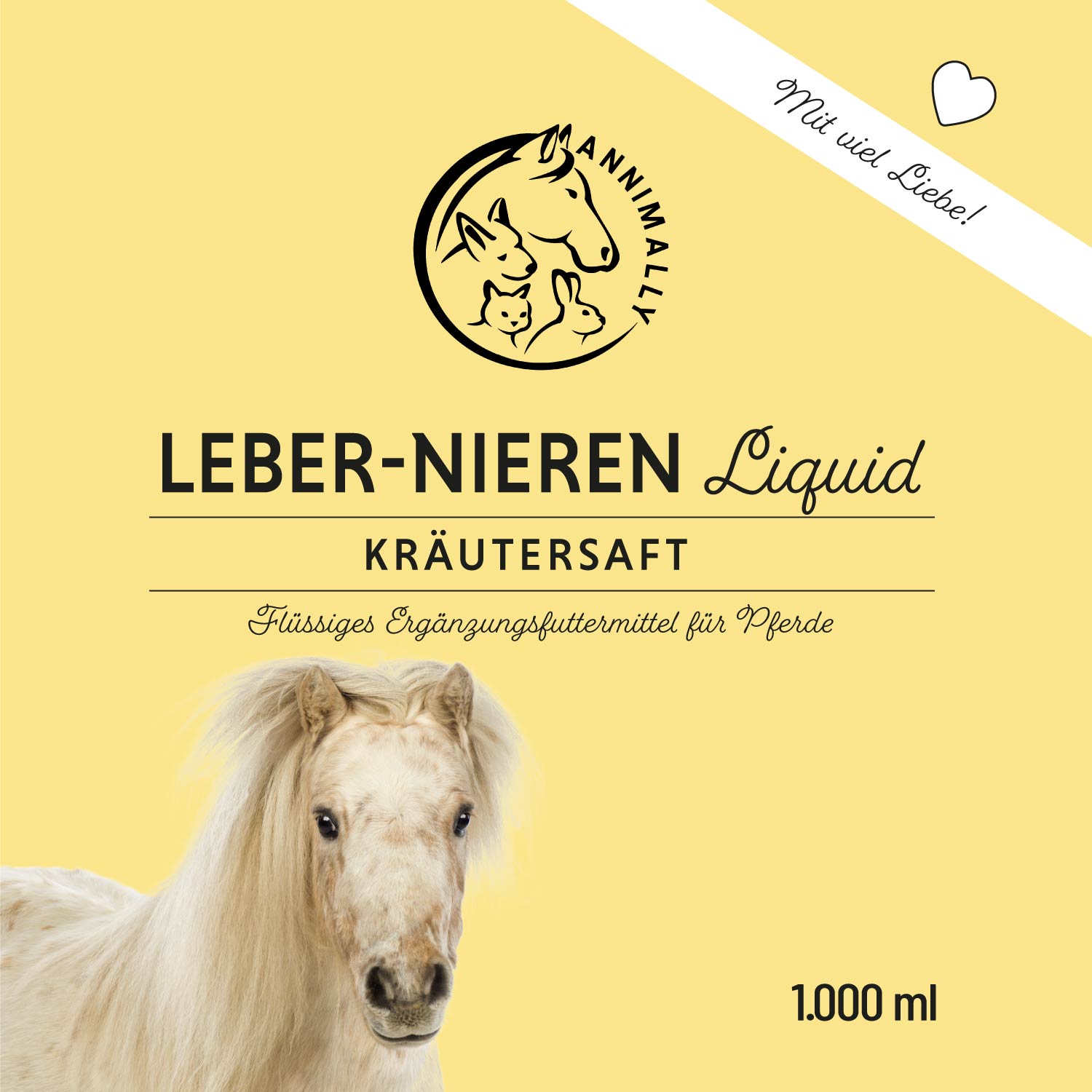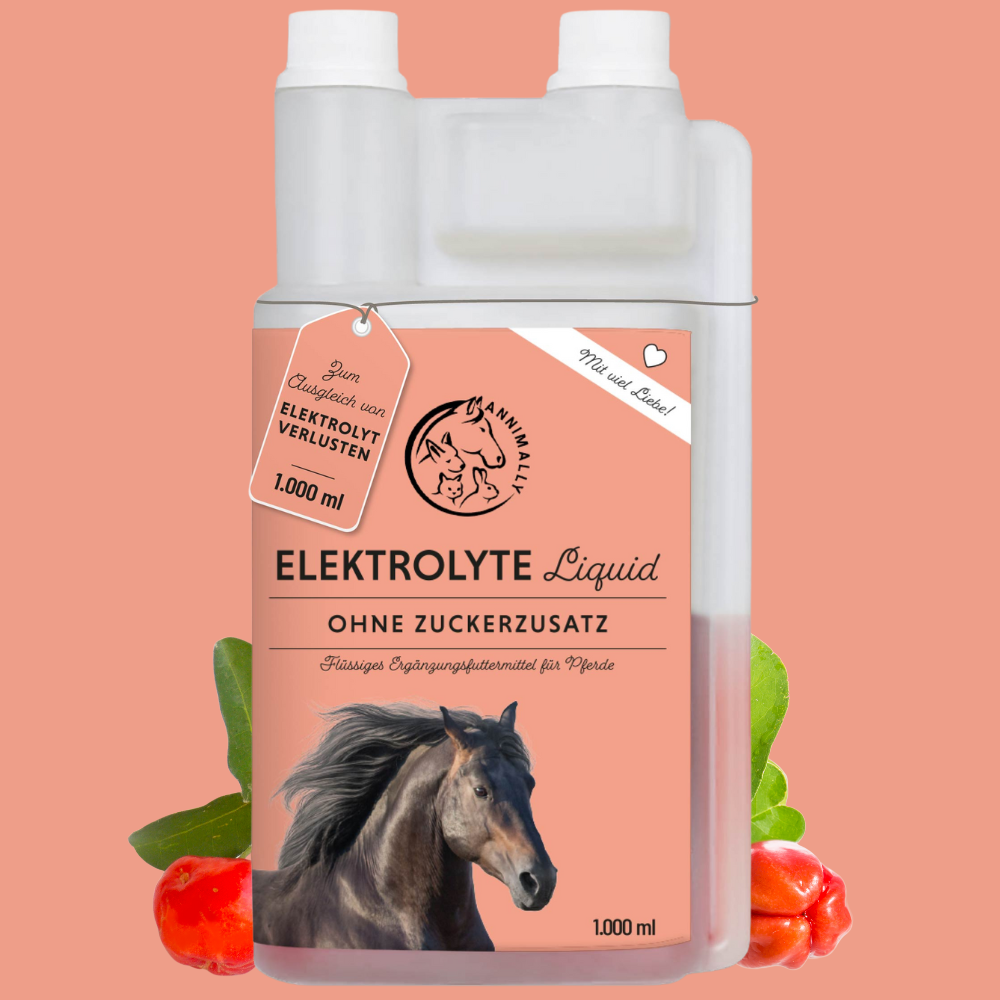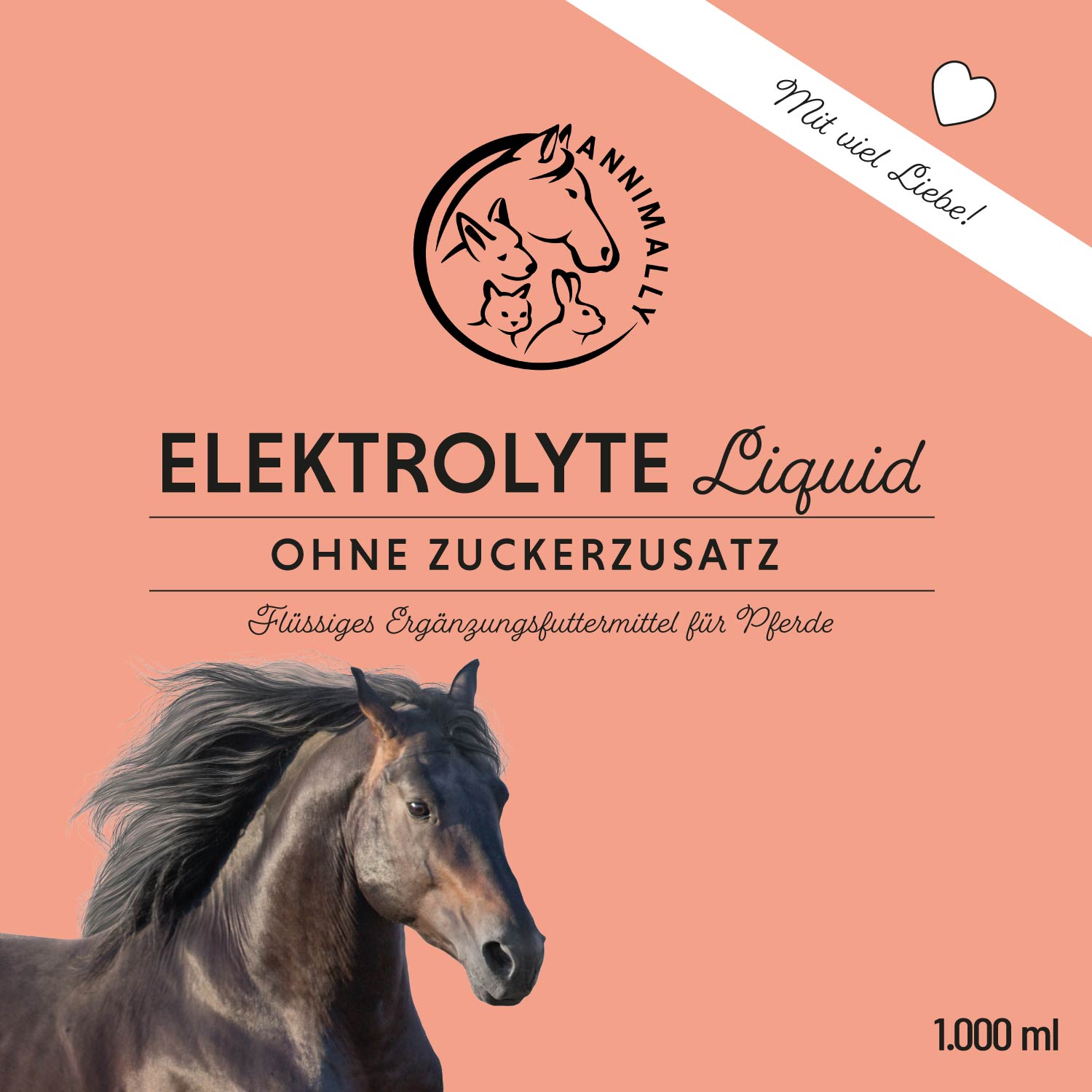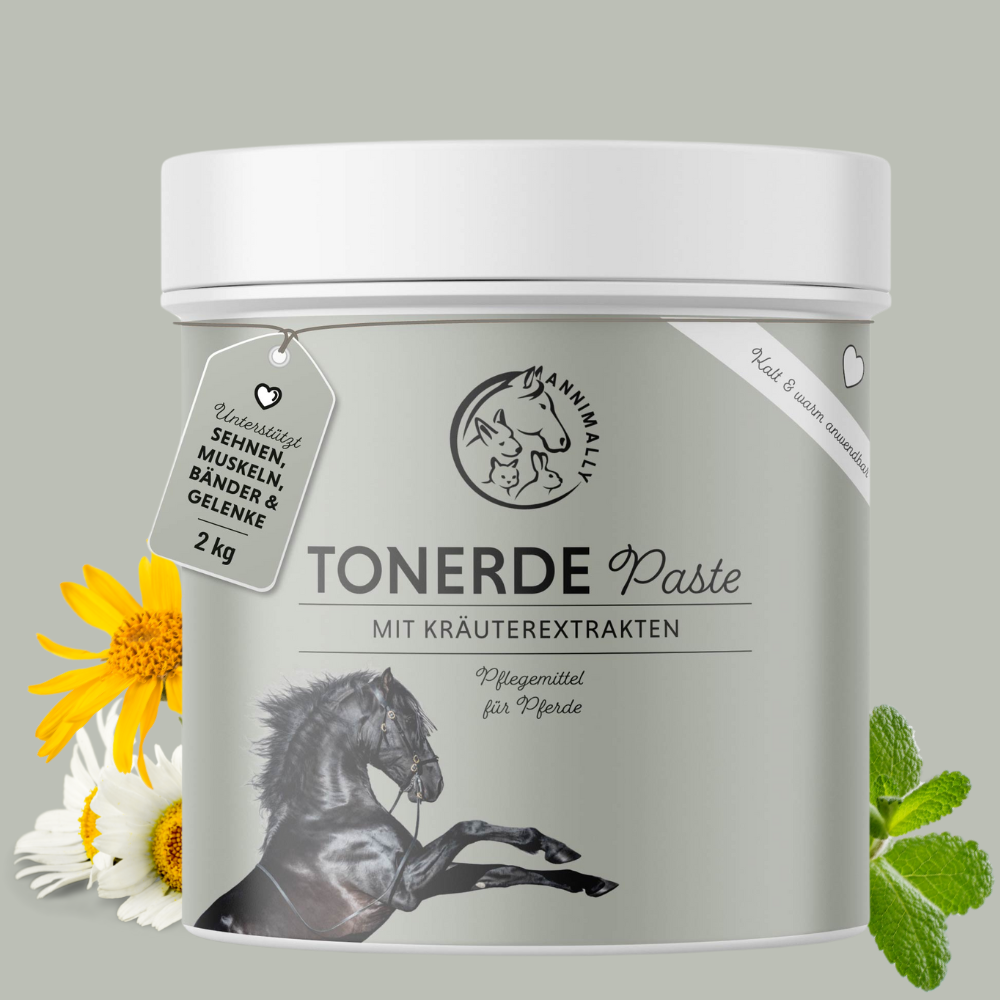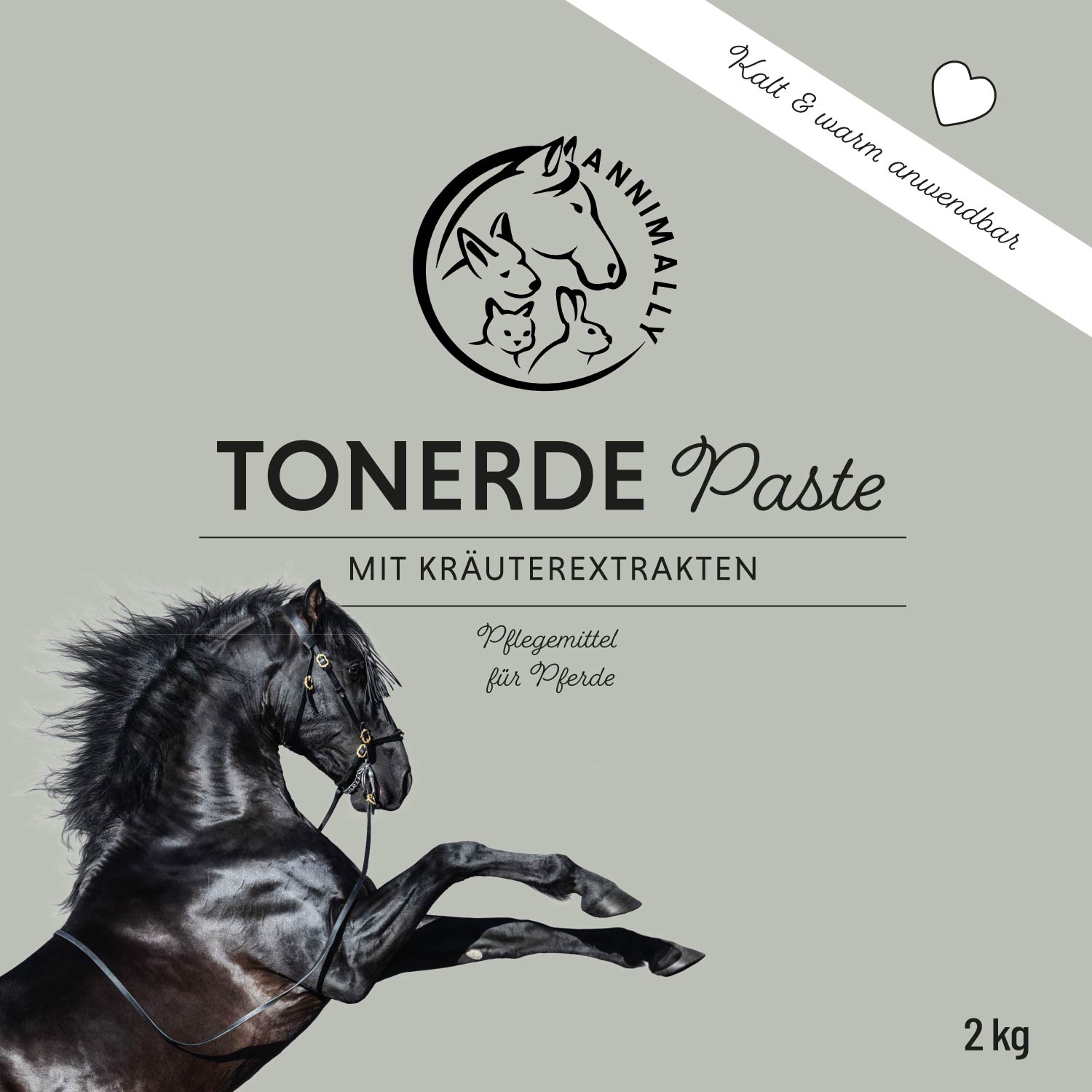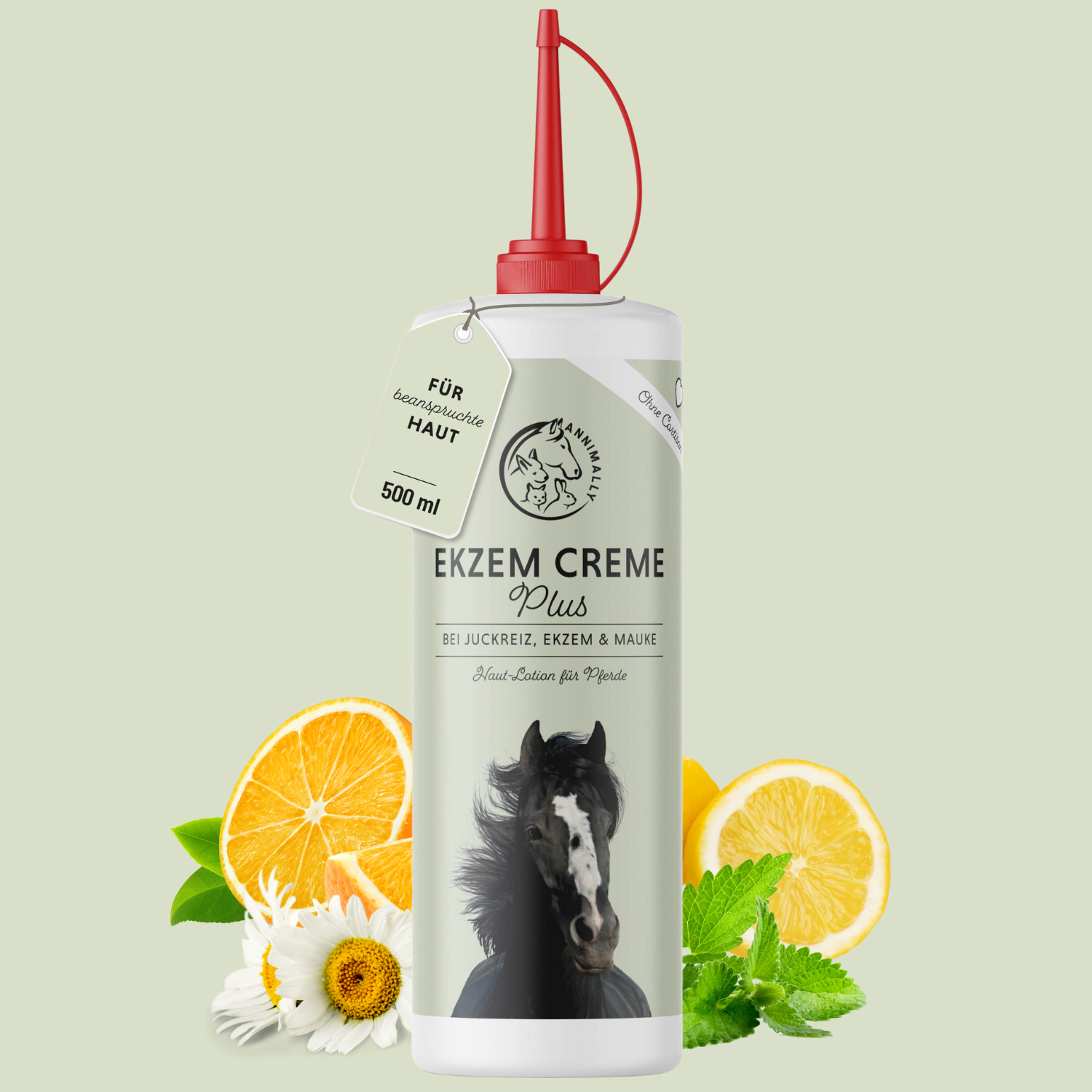Thyme for horses: Natural support for respiratory system, digestion and more
Thyme is a versatile medicinal plant with numerous beneficial properties – not only for humans, but also for horses. Whether it's supporting the respiratory system, digestion, or general health, thyme can benefit your horse in many ways.
In this article, you will learn everything you need to know about the effects of thyme on horses, its ingredients, the correct dosage, and the best areas of application.
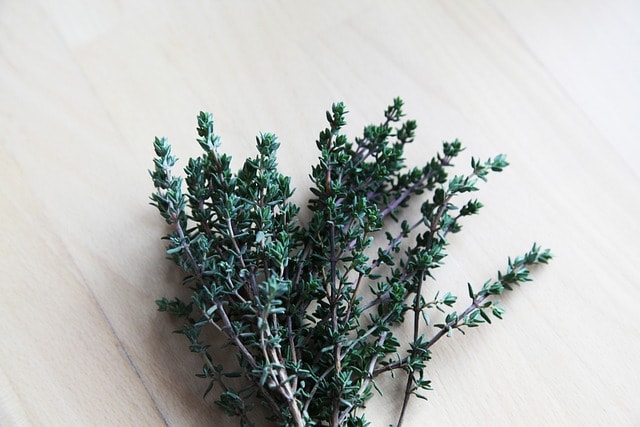
Why is thyme so valuable for horses?
Thyme ( Thymus vulgaris ) is a well-known medicinal plant originally from the Mediterranean region. The herb has been used as a spice and medicinal herb for centuries. Its essential oils, especially thymol, have antibacterial, expectorant, and anti-inflammatory properties. These properties make thyme a valuable aid in many areas of equine health.
The main uses of thyme in horses are:
-
Respiratory tract: Thyme helps with coughs, mucus buildup and respiratory diseases.
-
Digestion: It supports the intestines and intestinal flora and promotes gastrointestinal health.
-
Immune system: Thanks to the flavonoids, saponins and tannins it contains, thyme contributes to general strengthening.
-
Pain relief and fever reduction: The medicinal plant can be used to support fever or other illnesses.
Thyme and your horse's respiratory system
Thyme is a real boon, especially for horses with respiratory problems. The essential oils loosen mucus in the bronchi, promote coughing, and have a soothing effect on irritated airways. This makes thyme a popular ingredient in herbal mixtures for horses with chronic coughs or other respiratory illnesses.
Use of thyme for respiratory problems
-
As tea: Thyme tea can be added to horse feed or drinking water.
-
As a herb: Dried thyme can be mixed directly into the food.
-
As an essential oil: A few drops of thyme oil can be added to a steam bath to support the respiratory system.
Especially in winter or in dusty stables, a regular thyme treatment can help relieve your horse's lungs and strengthen the respiratory tract.
Thyme for digestion and intestinal health
In addition to its effect on the respiratory tract, thyme also has positive effects on digestion. Its essential oils have antispasmodic and antibacterial properties and promote healthy intestinal flora. As a result, thyme can help relieve digestive problems such as flatulence, colic, or diarrhea.
Here's how you can use thyme to support digestion:
-
Tea preparation: Thyme tea can help with digestive problems.
-
Herbal mixture: Thyme can be combined with other herbs such as chamomile or fennel and fed as a cure.
-
Oils: Thyme oil can be applied externally to support intestinal function.
The saponins and tannins contained also contribute to stabilizing the intestinal flora and can improve your horse's gastrointestinal health in the long term.
How much thyme can a horse be given?
As with all medicinal herbs, the correct dosage of thyme is crucial. Too much thyme can irritate the stomach lining or disrupt the balance of intestinal flora.
Recommended dosage:
-
Dried thyme: approx. 10–20 g per day for a large horse
-
Thyme tea: Add 1-2 cups daily to drinking water or food
-
Thyme oil: Use only a few drops diluted, as essential oils are very concentrated
Thyme should not be fed continuously, but rather as a course of treatment over 4–6 weeks. Afterward, a break is advisable to avoid overtaxing the organism.
Which thyme products are suitable for horses?
There are various products on the market that contain thyme for horses. Here are some tried-and-tested options:
-
Dried thyme: Perfect for mixing into food
-
Thyme tea: Easy to use and well tolerated
-
Herbal mixtures: Combinations with other healing herbs such as marshmallow or sage
-
Thyme essential oil: For external use or as inhalation
-
Thyme pellets: Practical shape for feeding
When making your selection, always pay attention to high quality and that the product does not contain any unwanted additives.
When should thyme not be used?
Although thyme has many beneficial properties, there are some situations in which you should be careful:
-
Pregnant mares: Thyme can induce labor and should therefore be avoided.
-
Stomach ulcers: The tannins contained could further irritate the stomach lining.
-
Hypersensitivity: Some horses are sensitive to essential oils, so test a small amount first.
If your horse is suffering from a serious illness, you should always consult a veterinarian before using thyme.
Conclusion: Thyme – a valuable healing remedy for your horse
Thyme is a versatile medicinal plant with numerous beneficial effects for horses. Whether for respiratory support, digestion, or general strengthening, thyme can be a natural and effective addition to your horse's feed.
Thanks to its valuable ingredients such as thymol, flavonoids, and saponins, thyme can soothe coughs, support the gut, and strengthen the immune system. The correct dosage and use in courses are important to achieve the best possible effect.
With the right use, you can help your horse stay healthy and vital – without any chemical additives, but with the power of nature!




